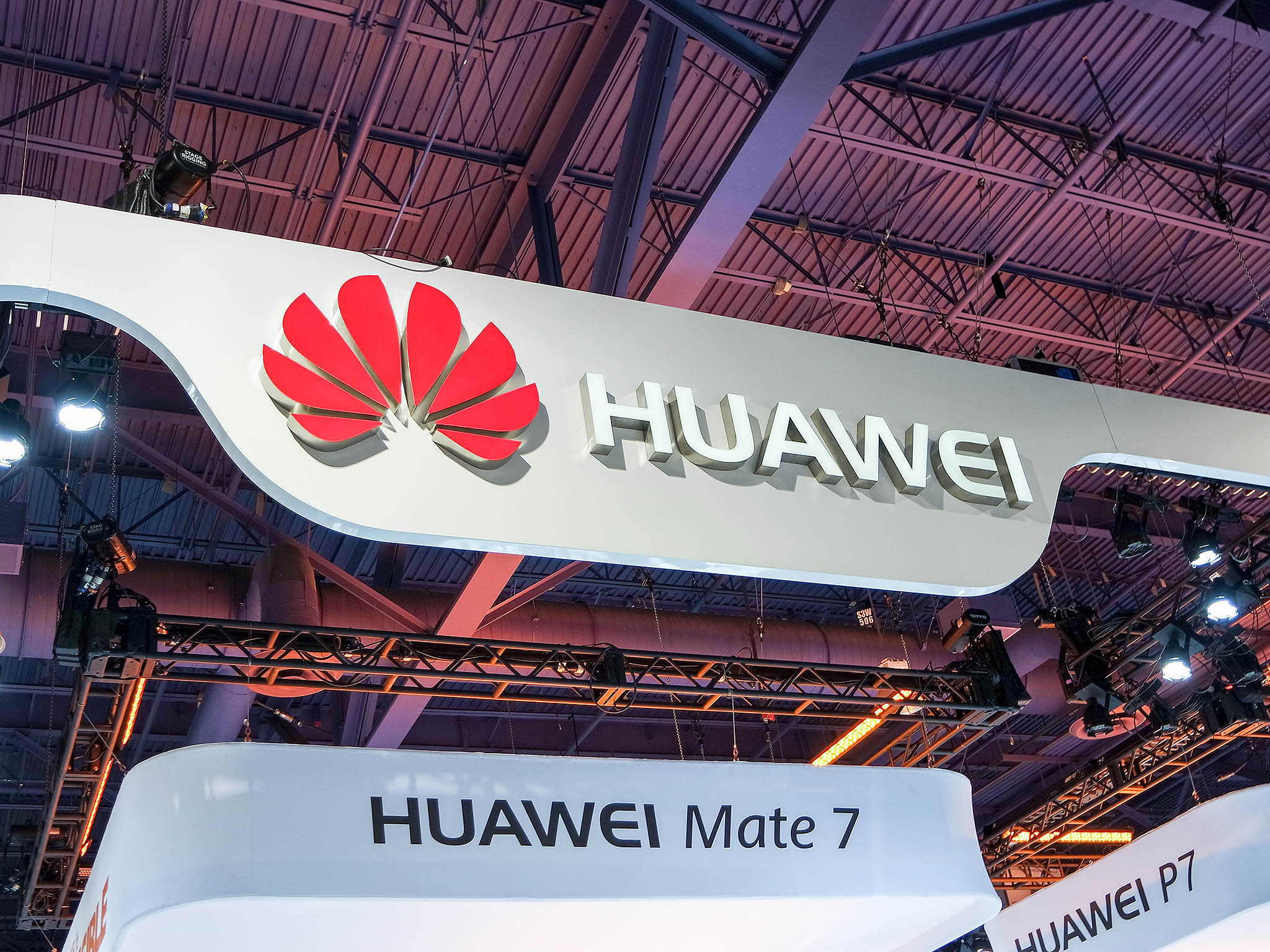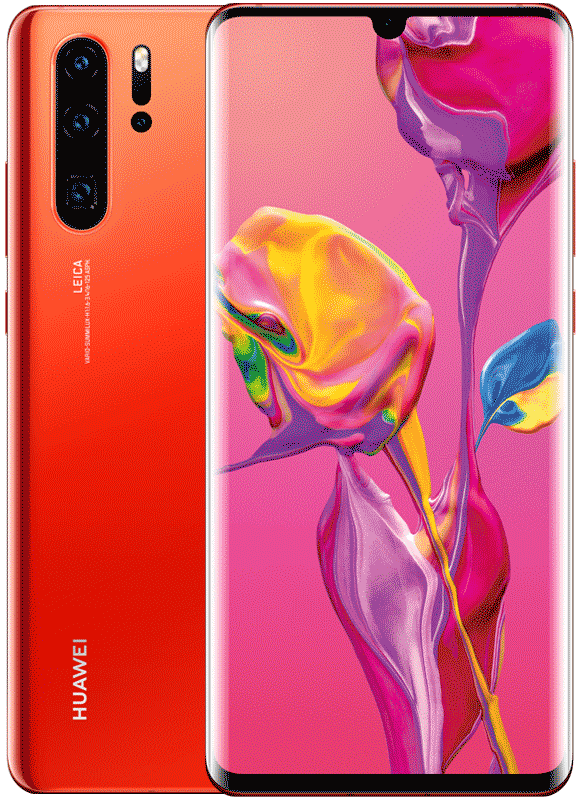Huawei has said that the revised indictment charges are only aimed at irrevocably damaging its reputation.
What you need to know
- Huawei has pleaded not guilty to racketeering charges that were filed by U.S. prosecutors last month.
- Shortly after it was indicted for racketeering and conspiracy, Huawei called the charges "unfounded and unfair."
- The company says the accusations are part of the Justice Department''s attempt to damage its reputation and business.
Huawei has pleaded not guilty (via Bloomberg) to racketeering charges filed against it by the U.S. Department of Justice last month. In addition to violation of the Racketeer Influenced and Corrupt Organizations Act (RICO), the revised indictment had accused Huawei of intellectual property theft as well as stealing trade-secret information from its competitors.
Denying the accusations, Huawei has said that they rest on "recycled civil disputes from the last 20 years that have been previously settled, litigated, and in some cases, rejected by federal judges and juries." The Chinese company believes the indictment is an attempt by the U.S. Justice Department to hurt its reputation and business "for reasons related to competition rather than law enforcement."
The progress of the case, however, is likely to be delayed due to the coronavirus outbreak, as Huawei's lawyers are unable to travel to China.
Thomas Green, a U.S. lawyer for Huawei, said at a hearing following the arraignment in the U.S. federal court in Brooklyn:
Our efforts here at defending our client have become more complicated because of this virus.
The revised indictment not only poses a risk to Huawei's reputation and business but could also increase the ongoing tensions between the U.S. and China. The U.S. government is expected to continue to step up pressure on Huawei in the near future, with some reports suggesting a new chip proposal could prevent foreign companies from supplying chips to Huawei.
Get More P30 Pro
Huawei P30 Pro



Post a Comment